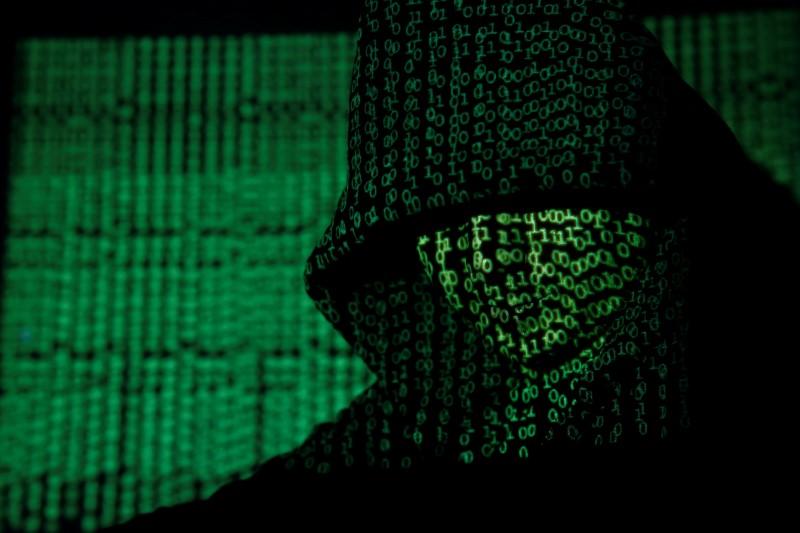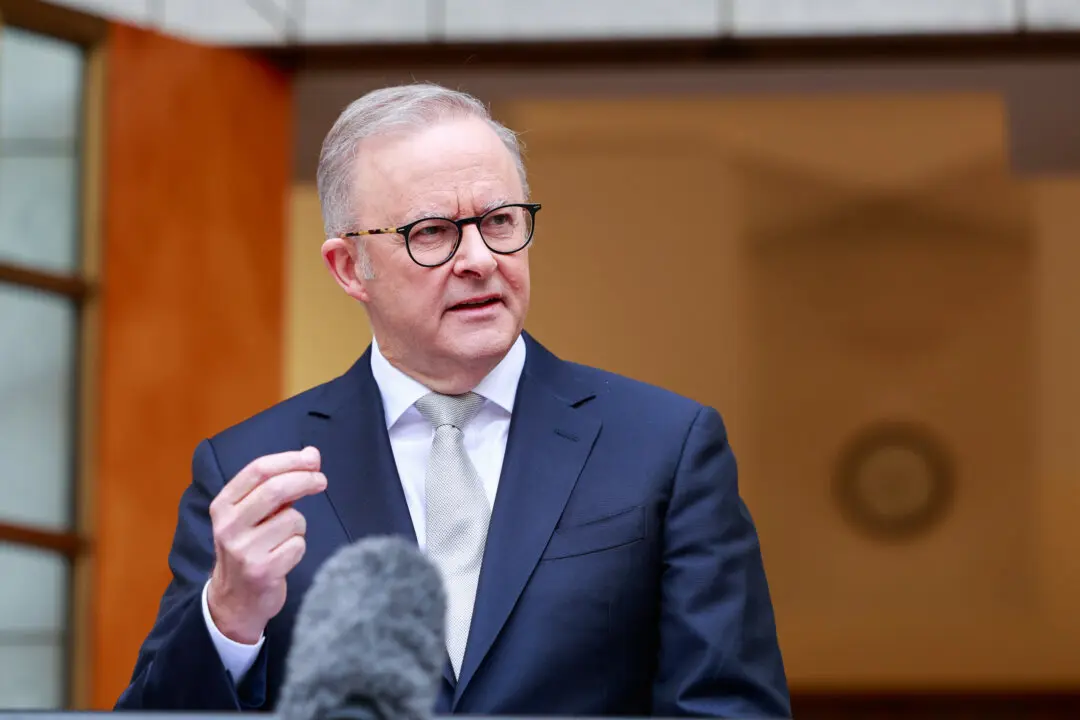A defence expert believes the Chinese Communist Party (CCP) is most likely the “sophisticated state-based cyber actor” Prime Minister Scott Morrison warned, but did not disclose, was instigating cyber-attacks on the Australian government and private organisations.
Michael Shoebridge of the Australian Strategic Policy Institute said the prime minister’s remark that “there are not a large number of state-based actors that can engage in this type of activity” pointed to the Chinese regime.





